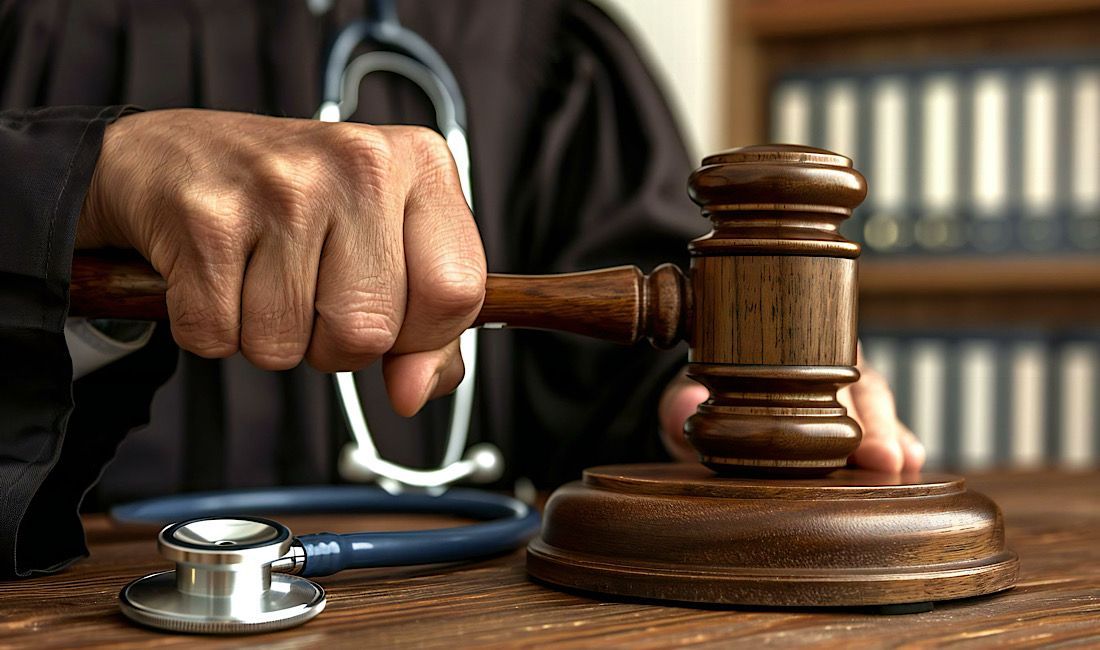What to Expect in a Medical Malpractice Lawsuit in Pittsburgh
Understanding the Medical Malpractice Lawsuit Process

Medical malpractice lawsuits are complex legal disputes that require a meticulous approach to resolve issues related to medical negligence. In Pittsburgh, the process of a medical malpractice lawsuit involves several critical stages, each requiring strategic planning and thorough understanding by the parties involved. This section will discuss the detailed steps from the initial discovery of malpractice up to the potential trial or settlement.
Identifying Medical Negligence
The first step in a medical malpractice lawsuit is identifying an instance of medical negligence. This occurs when a healthcare provider fails to meet the standard of care expected in their medical community, leading to patient harm. Patients or their families must prove that the healthcare provider's negligence directly caused injury or worsened health outcomes. Evidence is crucial in this phase, often involving detailed medical records, expert testimonies, and an in-depth review of the patient’s medical history.
Legal Consultation and Case Evaluation
Once potential negligence is identified, the next critical step involves consulting with a specialized medical malpractice attorney. In Pittsburgh, many law firms focus specifically on malpractice cases and offer free initial consultations to discuss the merits of the case. This step is vital for understanding the legal framework and potential outcomes of the lawsuit.
Filing the Lawsuit
After consulting with an attorney and deciding to proceed, the formal legal process begins with the filing of a complaint against the healthcare provider or institution. This document outlines the allegations, damages sought, and the legal basis for the claim. In Pennsylvania, a certificate of merit is often required to be filed along with the complaint, which is a statement from a medical expert affirming that the medical care provided fell below acceptable standards.
Discovery Phase
The discovery phase follows the filing of the lawsuit. During this period, both parties exchange information through depositions, interrogatories, and document requests. The goal is to gather comprehensive evidence supporting each side’s case. Medical records, witness statements, and expert analyses are scrutinized during this stage.
Pre-Trial Negotiations and Mediation
Before the case goes to trial, there is typically an opportunity for mediation and negotiation between the parties. Many medical malpractice lawsuits in Pittsburgh are settled during this phase without ever reaching court. Settlements can provide compensation to the plaintiff while avoiding the public exposure of a trial.
Trial
If a settlement is not reached, the case proceeds to trial. Trials in medical malpractice lawsuits can be lengthy and complex, often involving expert testimony about medical standards, detailed patient health analyses, and legal arguments on negligence and damages.
Verdict and Appeals
The final phase of a malpractice lawsuit is the verdict, where the jury or judge makes a decision based on the evidence presented. If the outcome is unfavorable, the losing party may seek an appeal, which reviews the legal process of the trial for errors.
Importance of Legal Expertise in Medical Malpractice Lawsuits
Navigating a medical malpractice lawsuit requires not just an understanding of complex medical conditions but also a thorough grasp of state-specific legal statutes and case law. In Pittsburgh, where such laws can vary significantly from those in other jurisdictions, the role of a specialized attorney becomes indispensable. These legal professionals offer strategic advice, manage procedural requirements, and advocate on behalf of their clients throughout the demanding process of a medical malpractice lawsuit.
Given the intricacies involved in these cases, from the initial evaluation of medical records and expert consultations to navigating pre-trial procedures and potential courtroom litigation,
the expertise of an attorney specializing in medical malpractice is crucial.
Their understanding of both the medical and legal landscapes ensures that the rights of injured patients are effectively represented and that they receive the compensation they deserve for their injuries and related losses.





